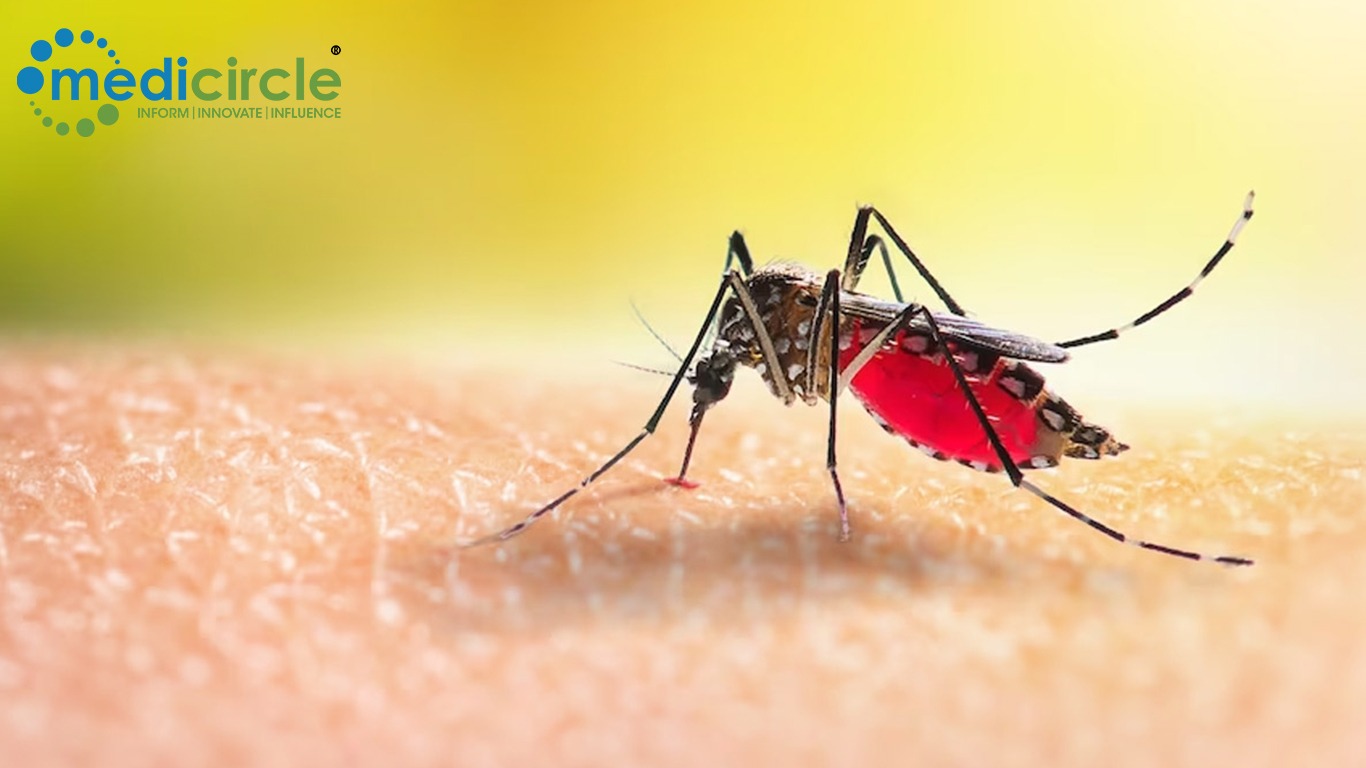Zika virus, primarily spread by Aedes mosquitoes, can cause significant health issues, especially in pregnant women. Infection during pregnancy can lead to microcephaly, a serious birth defect where a baby's head is significantly smaller than expected, and other neurological problems. While many Zika cases are mild or asymptomatic, the potential for severe outcomes necessitates vigilant monitoring and prevention.
Maharashtra has recently reported eight Zika virus cases, with six in Pune, one in Kolhapur, and one in Sangamner. This resurgence has prompted a renewed focus on preventive measures and heightened surveillance.
Dr. Atul Goel, Director General of Health Services at the Ministry of Health and Family Welfare, has issued an advisory to states to remain alert and proactive in combating the Zika virus. This includes several key recommendations:
1. Monitoring and Screening: Health facilities in affected areas, or those treating patients from these areas, should screen pregnant women for Zika virus and monitor fetal growth if the mother tests positive. This is crucial for early detection and intervention to prevent severe outcomes.
2. Nodal Officers: Hospitals are instructed to appoint nodal officers responsible for ensuring that premises are free from Aedes mosquitoes. This measure aims to control the mosquito population, thereby reducing the risk of Zika transmission.
3. Enhanced Surveillance: Strengthening surveillance systems is critical. States are urged to intensify mosquito control activities in homes, workplaces, schools, construction sites, institutions, and health facilities. Effective mosquito control measures can significantly reduce the incidence of Zika and other mosquito-borne diseases.
4. Public Awareness: Promoting awareness through social media and other platforms is essential to educate the public about Zika virus and preventive measures. Reducing public panic by emphasizing that most Zika cases are mild and asymptomatic is also important.
5. Reporting and Resources: State authorities are advised to be vigilant, prepared, and ensure the availability of necessary resources. Any detected cases should be immediately reported to the Integrated Disease Surveillance Programme (IDSP) and the National Center for Vector Borne Diseases Control (NCVBDC). This ensures timely response and containment of potential outbreaks.
Zika virus testing is available at several key institutions:
- National Institute of Virology (NIV) in Pune
- National Centre for Disease Control (NCDC) in Delhi
- Selected ICMR virus research and diagnostic laboratories
These facilities play a crucial role in diagnosing and confirming Zika cases, facilitating timely intervention and treatment.
India reported its first Zika case in Gujarat in 2016. Since then, cases have emerged in various states, including Tamil Nadu, Madhya Pradesh, Rajasthan, Kerala, Uttar Pradesh, Delhi, and Karnataka. The recurrence of Zika cases highlights the need for continuous vigilance and robust public health measures.
Earlier this year, advisories were issued by the DGHS and the Director of NCVBDC in February and April 2024, warning states about Zika, Dengue, and Chikungunya. These advisories stress the importance of integrated efforts to combat these mosquito-borne diseases, which share the same vector.
The resurgence of Zika virus cases in Maharashtra highlight the need for sustained vigilance and proactive measures. The government's comprehensive advisory aims to enhance monitoring, improve public awareness, and ensure timely response to potential outbreaks. By strengthening surveillance and mosquito control activities, and promoting effective public health strategies, India can mitigate the impact of Zika virus and protect vulnerable populations, especially pregnant women and their unborn children.
Effective implementation of these measures, combined with continuous public education and robust health infrastructure, is crucial in the fight against Zika virus. As the situation evolves, ongoing research, collaboration, and innovation will play key roles in developing more effective strategies to combat this and other vector-borne diseases. Through collective efforts and sustained commitment, India can overcome the challenges posed by Zika virus and safeguard public health.

 Effective implementation of these measures, combined with continuous public education and robust health infrastructure, is crucial in the fight against Zika virus.
Effective implementation of these measures, combined with continuous public education and robust health infrastructure, is crucial in the fight against Zika virus.










.jpeg)


.jpeg)
.jpeg)
.jpeg)
_(1).jpeg)

_(1)_(1)_(1).jpeg)
.jpeg)
.jpeg)
.jpeg)








.jpeg)
.jpeg)